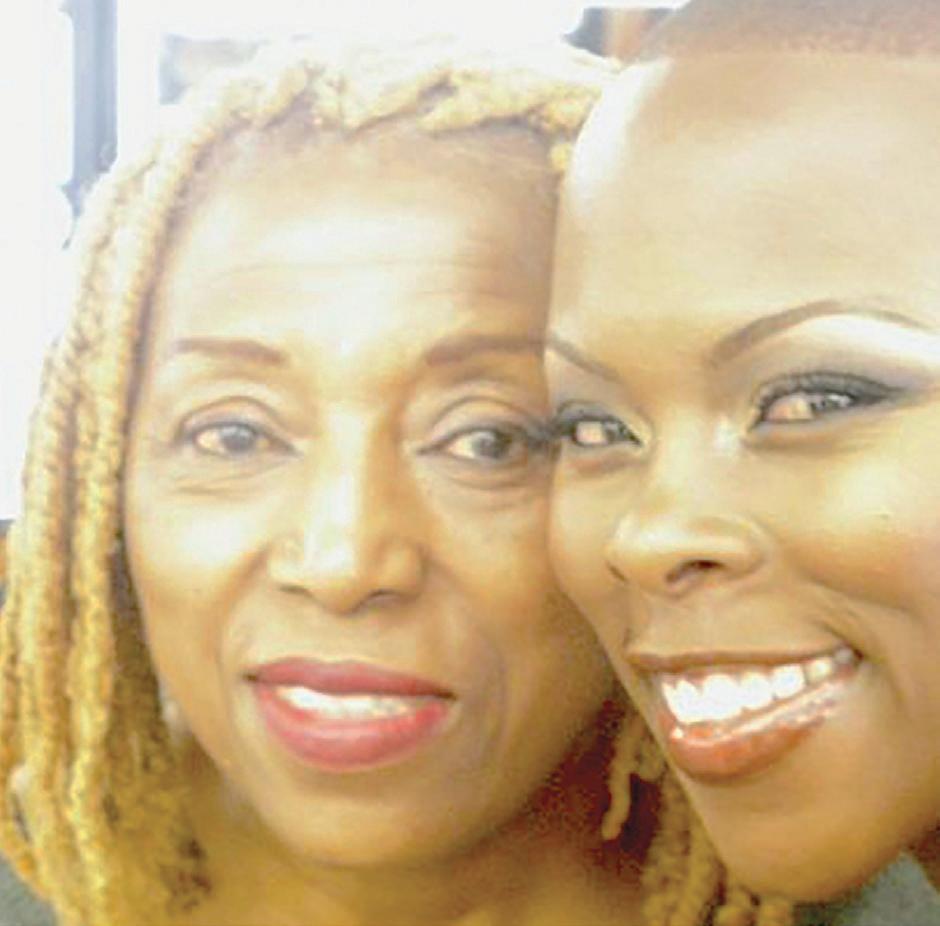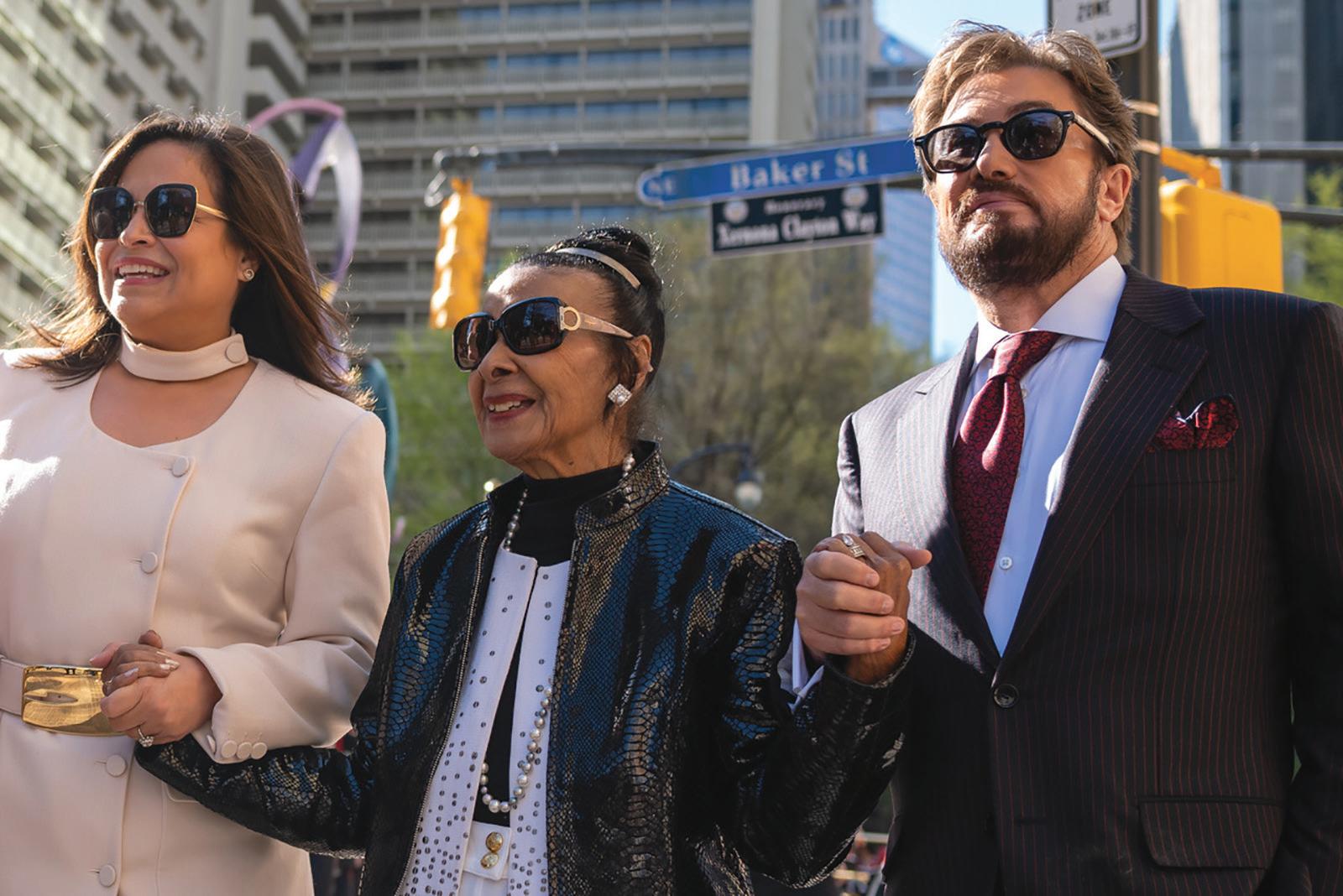
1 minute read
International Women’s Day: Civil Rights Icon Xernona Clayton and Other “Herstory Sheroes” Honored in Atlanta
Clayton Plaza, facing downtown Atlanta, fills me with incredible pride and accomplishment,” Romero added. “This project was important to us because Xernona Clayton has been a role model, she has dedicated her life to serving others and we have always admired her tenacity, grace, and vision.”
Romero partnered with philanthropist and Bank of America-Merrill executive Rick Baker to spearhead the campaign that made Clayton’s monument a reality.
Advertisement

Clayton became involved in the civil rights movement working for the National Urban League in Chicago. She went undercover to investigate employment discrimination against African Americans at Marshall Fields, a major Chicago department store. She moved to Atlanta at the behest of Dr. Martin Luther King Jr, where she organized events for the Southern Christian Leadership Conference and grew close with Dr. King and his wife, Coretta Scott King. Clayton was instrumental in the desegregation of Atlanta’s hospitals by organizing the city’s Black doctors.
In 1967, Clayton became the first Black female in the southern US to host a weekly prime time talk show. The show eventually came to be known as The Xernona Clayton Show.
In 1968 Clayton’s impact in the fight against bigotry became clear when Calvin Craig, a Grand Dragon of the Klu Klux Klan, denounced the Klan, crediting Clayton’s influence in the decision.
In 1988, Clayton was named Corporate Vice President for Urban Affairs with Turner Broadcasting System. In her role she served as liaison between Turner Broadcasting and civil rights groups, both in Atlanta and across the country.
As a broadcast executive, Clayton founded the Trumpet Foundation and, with Turner Broadcasting, established the prestigious Trumpet Awards in 1993 to highlight the achievements and contributions of African Americans.
With the unveiling of the Xernona Clayton statue an influential Black woman is finally immortalized in Atlanta, a city that still holds several confederate monuments and countless stories and memories of its history in the segregated south.
Media)









